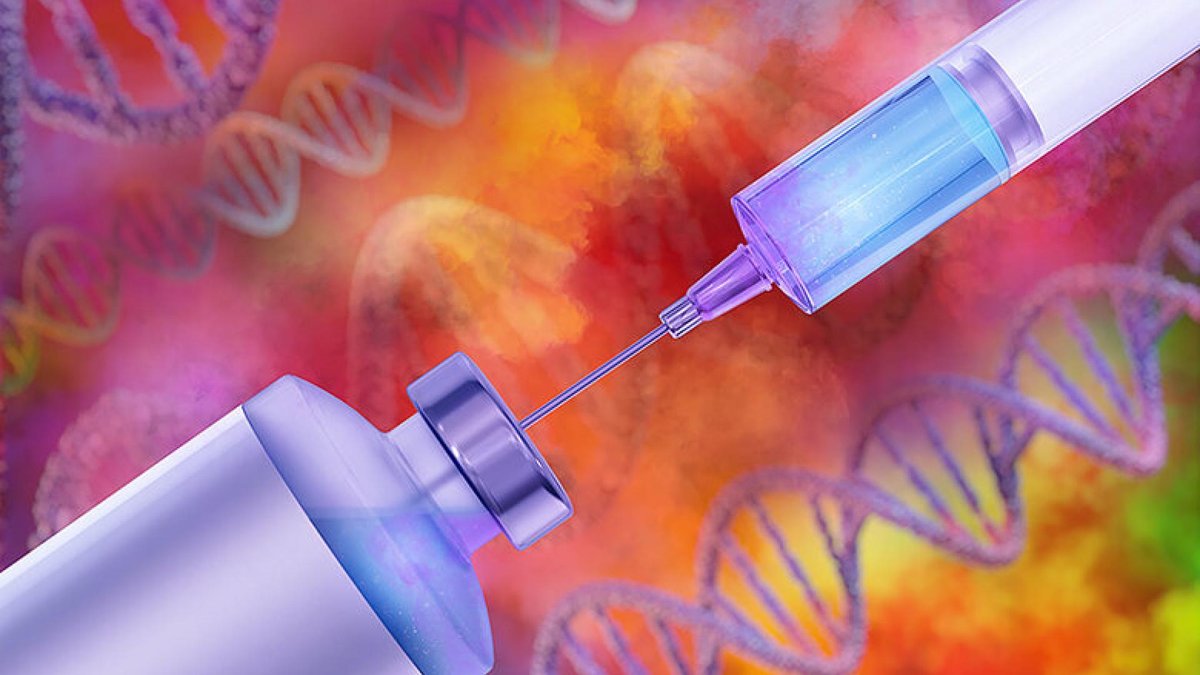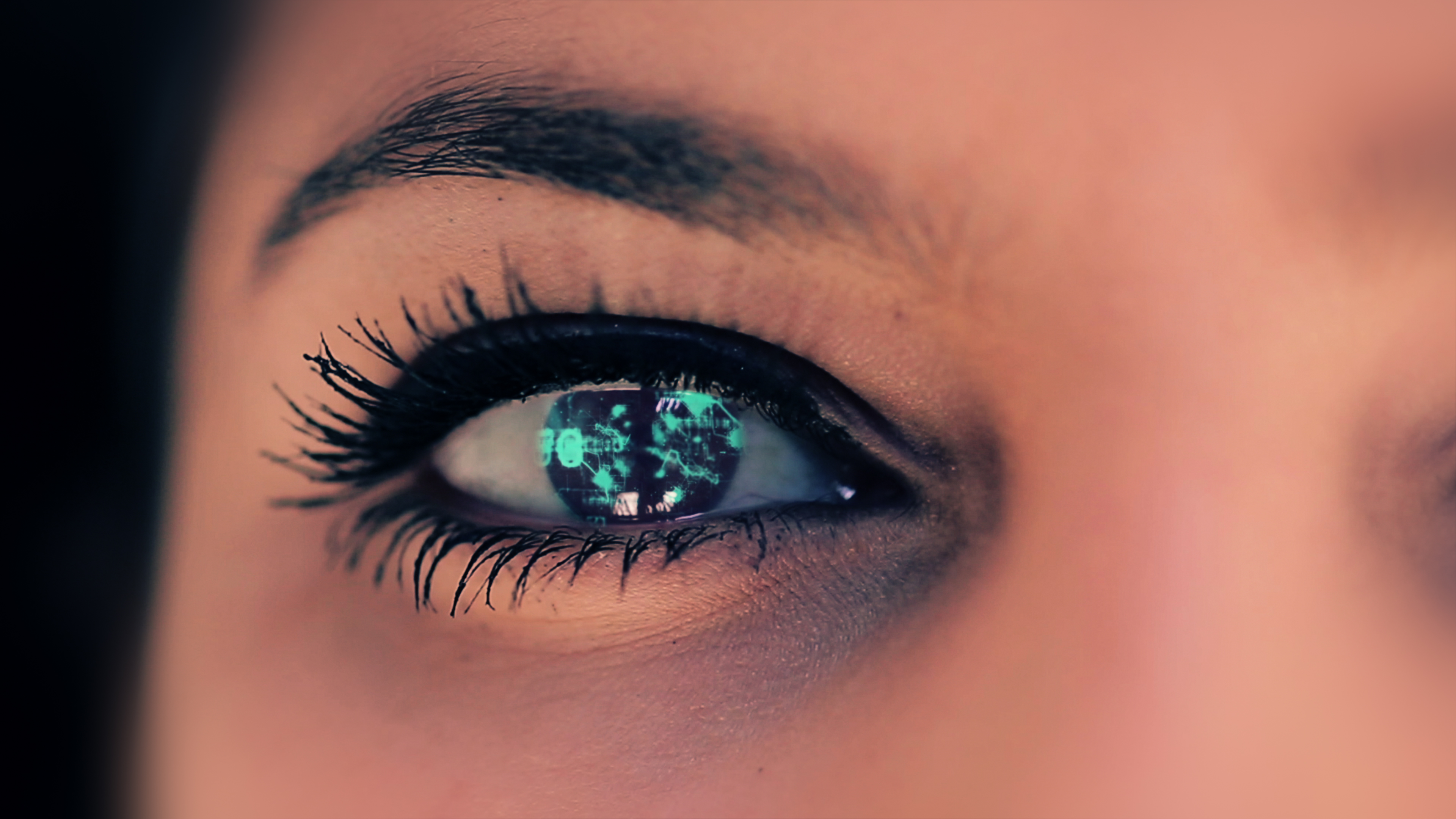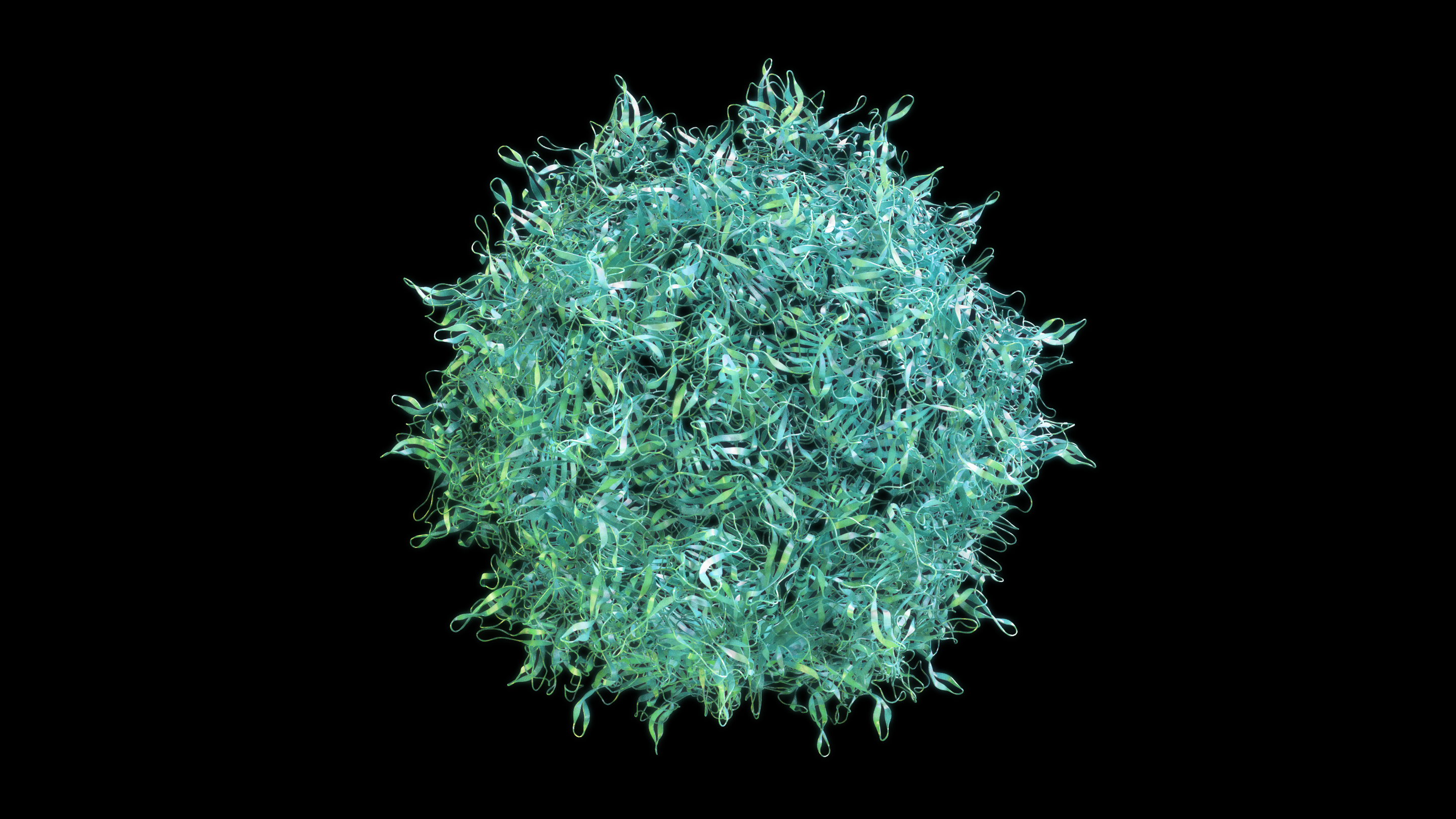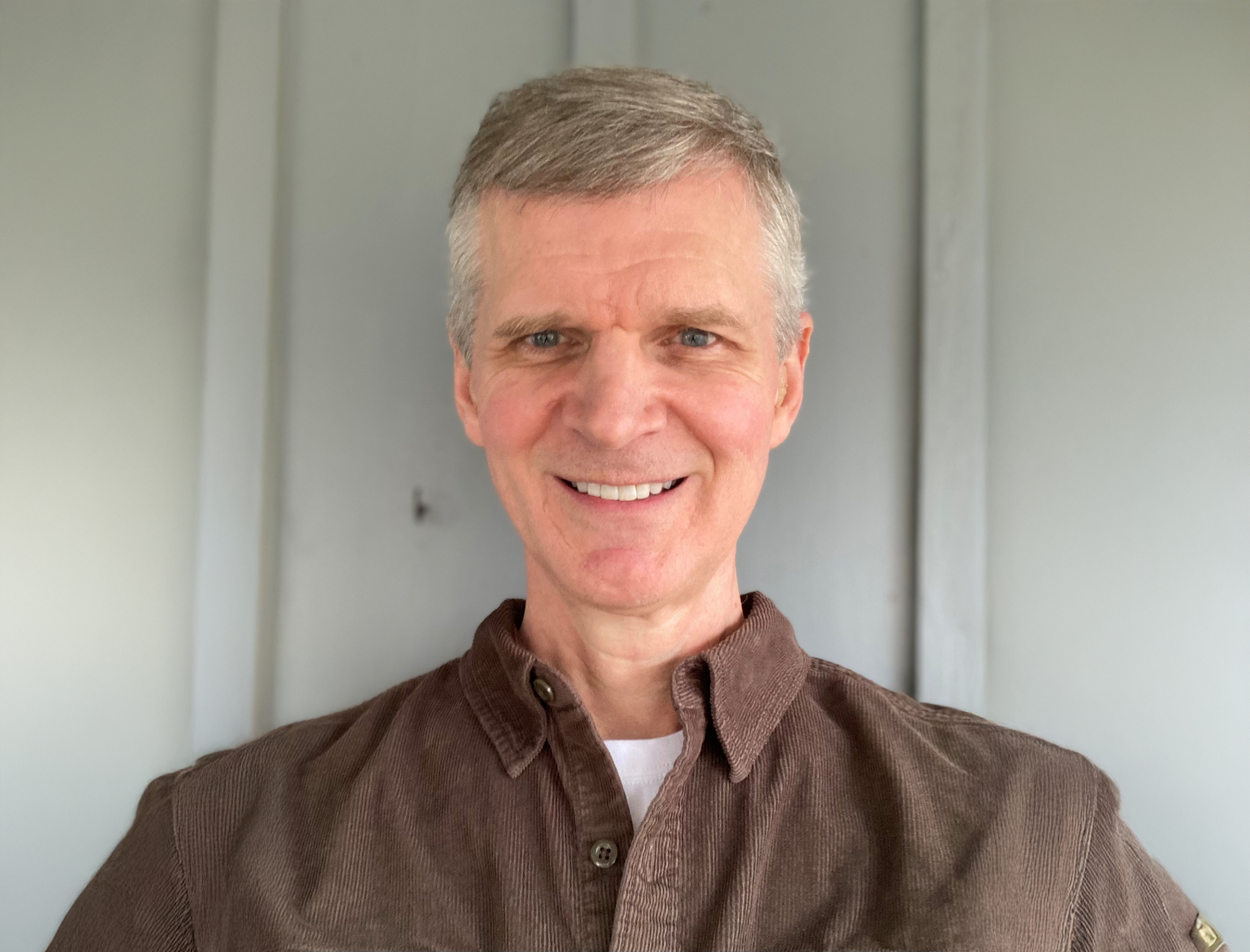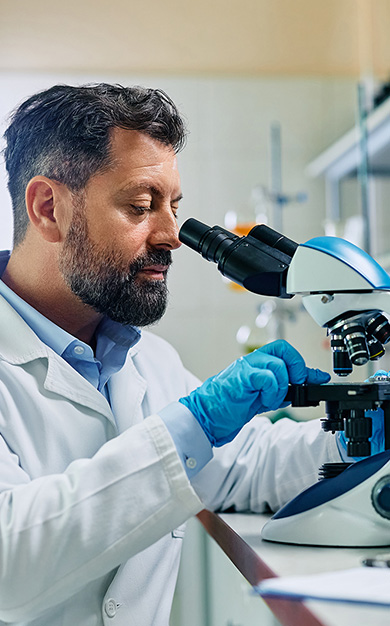
Safeguarding your vision starts in the kitchen, where the choices you make can have a profound impact on the long-term health of your eyes.
By embracing a diet rich in nutrient-dense foods, you’re not only nourishing your body but also providing essential support for your vision. Studies show that people who adhere to a healthy diet have a lower risk of developing age-related macular degeneration (AMD).
For those who have already been diagnosed with AMD, a healthy diet could also slow disease progression. In one study, individuals at risk for macular degeneration who adhered to the Mediterranean diet had a 25% reduction in the risk of progressing from early to late AMD and almost 30% reduction in the risk of progressing from moderate to late AMD.
Are you eating well for your vision health? Learn which foods can help you protect against eye diseases like AMD.
A Food Guide for Macular Degeneration
Fruits and Vegetables

Antioxidants found in fruits and veggies can help combat oxidative damage linked to AMD. Carotenoids (related to vitamin A), like lutein and zeaxanthin, are particularly protective. These essential protectors are found in the food items below:
Dark Green, Yellow, and Orange Fruits and Vegetables
Includes: Dark, leafy greens (spinach, collard greens, and kale), yellow corn, okra, broccoli, Brussels sprouts, mango, green beans, lima beans, squash, green, yellow and orange bell pepper.
Fruits and Vegetables Abundant in Vitamin C
Includes: Green peppers, citrus fruits, tomatoes, broccoli, strawberries, leafy greens, and cantaloupe.
Other Vitamin-Rich Foods

Studies show that antioxidants like Vitamin E and B are also great for lowering your AMD risk. Here are some of the many foods you can incorporate into your diet:
Vitamin E
Includes: Fruit, wheat germ, green leafy vegetables, nuts, nut oils, olive oil, and whole grains.
Vitamin B
Includes: Fish, non-citrus fruit like apples, pears, and bananas; chickpeas.
Fatty Fish

Includes: Salmon, tuna, mackerel, and sardines
Eating fatty fish twice a week is associated with lower AMD risk, possibly because of their omega-3 fatty acids. Fish should be grilled or broiled, not fried. When you can’t get your fish and veggies fresh, opt for making a smoothie with frozen blueberries, cocoa (also rich in antioxidants), flax or chia seeds (rich in omega-3 fatty acids), and spinach.
Disclaimer: A large clinical trial showed that omega-3 supplements do not provide AMD protection—meaning it’s better to get this healthy fat directly from its fishy source.
Nuts
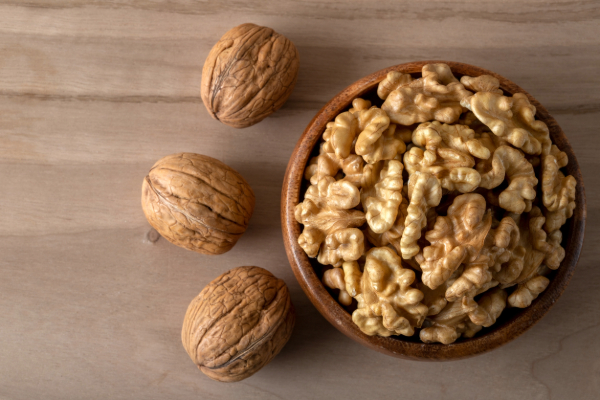
Includes: Walnuts, almonds, pecans, and more.
Nuts, especially walnuts, also contain omega-3 and some evidence suggests they may decrease AMD risk. However, nuts have lots of calories, so it’s best to limit the amount to no more than about 1/4 cup a day.
Complex Carbohydrates

Includes: Whole-grain versions of pasta, rice, and bread
Eating foods with a high glycemic index, like white rice, bread, and pasta, may increase the risk of developing AMD. These carbs are broken down rapidly into glucose (blood sugar), providing quick energy but lacking in nutrients and fiber. Instead, opt for whole-grain versions to take advantage of complex carbohydrates, which are metabolized more slowly and are healthier than their simple counterparts.
Summary
Reaching for nutrient-rich foods may help protect your vision and overall health. To work these into your everyday diet, consider large salads as the main course for lunch or dinner. Garnish with relatively small amounts of animal protein, such as grilled salmon or chicken. Restaurants specializing in large made-to-order fresh salads are a great option. Asian restaurants will often make steamed vegetables with the sauce on the side as a healthy option.
Taking care of your body is an essential part of vision health. Higher body weight and inflammation are risk factors for AMD that can be reduced by following a nutrient-rich, lower-calorie diet. This is likely to result not just in lower AMD risk, but also better overall health.
About BrightFocus Foundation
BrightFocus Foundation is a premier global nonprofit funder of research to defeat Alzheimer’s, macular degeneration, and glaucoma. Since its inception more than 50 years ago, BrightFocus and its flagship research programs—Alzheimer’s Disease Research, Macular Degeneration Research, and National Glaucoma Research—has awarded more than $300 million in research grants to scientists around the world, catalyzing thousands of scientific breakthroughs, life-enhancing treatments, and diagnostic tools. We also share the latest research findings, expert information, and resources to empower the millions impacted by these devastating diseases. Learn more at brightfocus.org.
Disclaimer: The information provided here is a public service of BrightFocus Foundation and is not intended to constitute medical advice. Please consult your physician for personalized medical, dietary, and/or exercise advice. Any medications or supplements should only be taken under medical supervision. BrightFocus Foundation does not endorse any medical products or therapies.
- Diet & Nutrition
- Lifestyle



